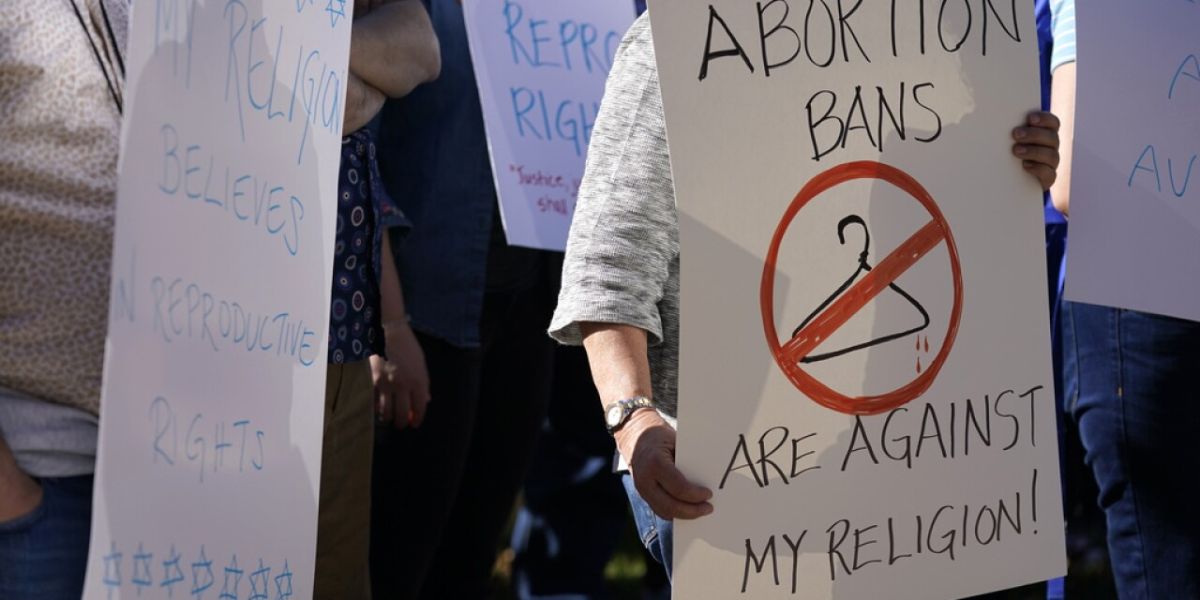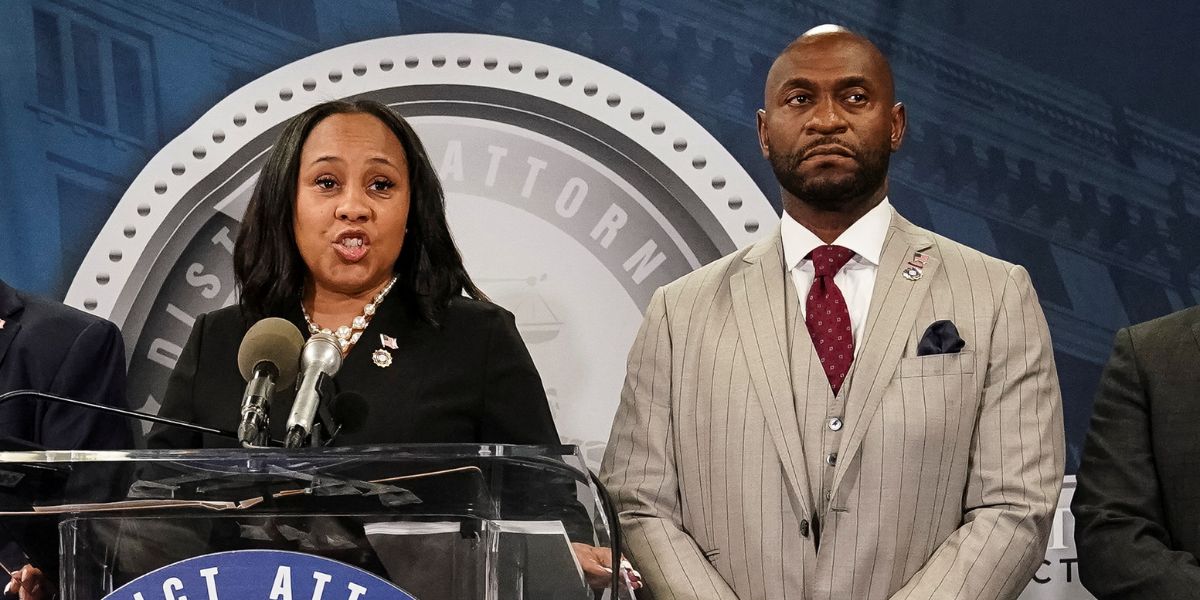Tennessee Assembly Concludes With $1.9 Billion Business Tax Cut and Refund
Nashville, Tennessee (AP) – Tennessee’s GOP-controlled General Assembly adjourned for the year on Thursday, bringing an end to months of tense political infighting that killed Republican Gov. Bill Lee’s universal school voucher drive. However, a bill enabling some teachers to carry firearms in public schools, as well as another that included a roughly $2 billion tax cut and return for corporations, were approved at the last minute.
For months, Lee called universal school vouchers his main legislative priority. At the same time, he emphasized that lawmakers must pass a significant tax cut and rebate for corporations to avoid a future lawsuit from critics who claim the state violated the US Constitution.
The ambitious pitches were made to a legislative body still filled with bitterness from the previous year when inaction on gun control and safety measures had resulted in significant divisions between the Senate and the House. Meanwhile, the intense attention surrounding the expulsions of two young Black Democratic politicians resulted in retaliatory restrictions on how long some House members may talk during legislative debates, as well as seating constraints in the public galleries. “This was a session of good, bad, and ugly,” Democratic Sen. Raumesh Akbari stated. “Unfortunately some really really bad bills ended up passing.”
While Lee was unable to reach an agreement on his voucher proposal, which he promised to revisit next year, he was able to negotiate a last-minute accord on the eye-popping $1.9 billion tax cut and rebate for businesses. The amount is about 4% of the state’s $52.8 billion budget, which does not include many tax breaks for the majority of Tennessee residents.
“We accomplished things that will benefit the people of this state,” Lee told reporters after the legislature ended. “And I’m proud of the work of the men and women that have come together and worked together to compromise and figure out the way forward to make life better for the people that live in this state.”
Concerns have been raised over whether the state’s 90-year-old franchise tax violates the Commerce Clause of the United States Constitution, which prohibits states from enacting laws that restrict interstate commerce. The statute has not been legally challenged, but late last year, a group of firms wrote to politicians asking that the Legislature change the law or face a legal battle.
“Bottom line, Tennessee pays its bills,” said Republican Sen. Rusty Crowe. “The state of Tennessee wrongly took this money and we’re going to pay these companies back.”
For months, House and Senate leaders differed on how to address the legal issues around the franchise tax. On the final day of the session, both parties agreed to allow firms to request for retroactive refunds for the previous three years in exchange for temporarily releasing the names of businesses seeking refunds and the ranges of refund amounts, a first in Tennessee history.
However, the Department of Revenue will only make the identities of the businesses available to the public for 30 days in June 2025. Companies will need to apply for the return this year. “These transparency stipulations are a joke,” said Democratic Sen. Jeff Yarbro, suggesting that more could be done to disclose actual sums, despite Republicans claiming that the agreed-upon disclosure was unprecedented.
Funding for three years of refunds is anticipated to cost taxpayers $1.5 billion. The continuous franchise tax relief will cost an additional $400 million every year. The final week of Tennessee’s nearly four-month legislative session also witnessed highly charged arguments over the arming of public school teachers and staff, with hundreds of protesters marching to the Capitol to yell “Blood on your hands” at the Republicans who supported the bill.
The legislation prohibits parents and other teachers from knowing who is armed on school grounds.
On Thursday. Lee committed to signing the bill into law. Once he does, it will be the most significant expansion of gun availability in the state since last year’s tragic shooting at a private elementary school in Nashville. “There are folks across the state who disagree on the way forward, but we all agree that we should keep our kids safe,” Lee said, emphasizing that the decision to arm public school staffers will be made locally rather than statewide.
With a Republican supermajority, Democratic members were unable to put up much of a fight against a long list of bills aimed at the LGBTQ+ community, including requiring public school employees to inform transgender students’ parents and allowing LGBTQ+ foster children to be placed with families who hold anti-LGBTQ+ views.
According to the Human Rights Campaign, Tennessee has passed more anti-LGBTQ+ legislation than any other state since 2015, with more than 20 bills passing through the legislature in recent months. Republicans and Gov. Lee also voted to overturn police traffic stop measures implemented in Memphis following the deadly beating of Tyre Nichols by cops in January 2023, despite Nichols’ parents’ appeals to allow them to reach an agreement.
Around the same time, lawmakers ousted the trustees of Tennessee’s only publicly supported historically Black university, citing audit findings of mismanagement. Democrats and others have contended that the greater scrutiny stemmed mostly from the focus on resolving Tennessee State University’s persistent underfunding of an estimated $2.1 billion over the last three decades.
As the consequences of the removals grew, House members introduced legislation that would have prohibited local governments from paying to study or disburse funds for slavery reparations. A rare rejection of a GOP-supported bill.
On abortion, lawmakers supported criminalizing people who assist children in obtaining abortions without parental authorization. That law is presently awaiting Lee’s signature after he previously signed legislation mandating public school students to watch a film on embryonic development made by an anti-abortion organization.











